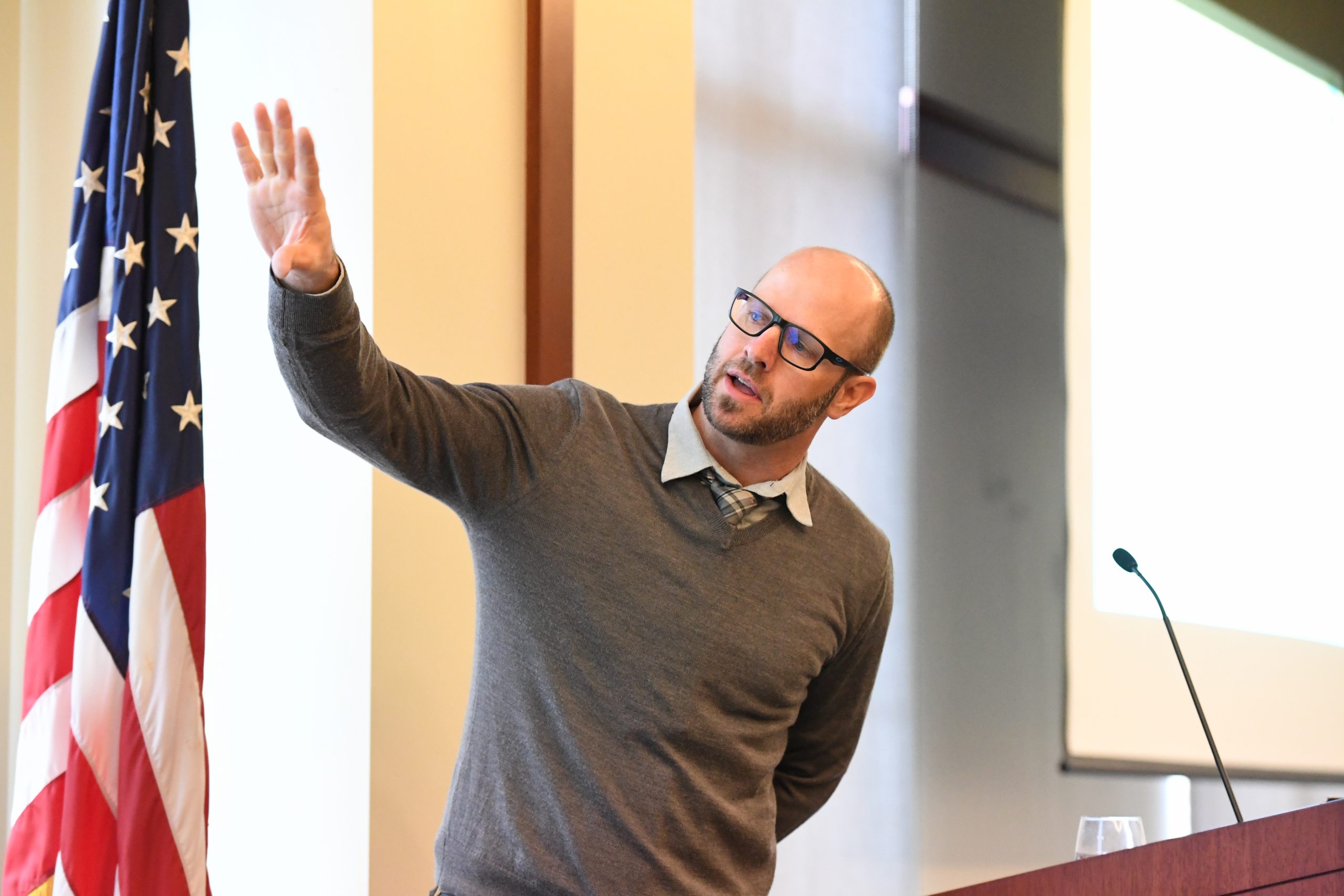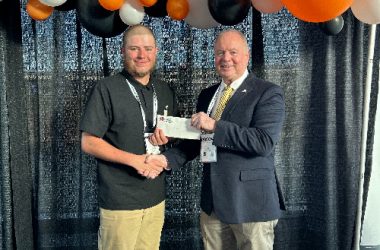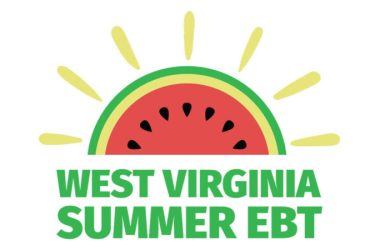WVUToday
MORGANTOWN, W.Va. —
A West Virginia University hydrology researcher believes that a U.S. District Court judge’s tossing of a Trump-era rule that allowed pollution including industrial waste, pesticides and other chemicals to be discharged into small streams and other waterways will help protect the nation’s water supply.
Nicolas Zegre said the judge’s decision is especially pertinent in West Virginia, where 85% of the waterways are classified as small streams.
Zegre is available to the media: West Virginia University experts can provide commentary, insights and opinions on various news topics. Search for an expert by name, title, area of expertise, or college/school/department in the Experts Database at WVU Today.
Zegre quotes:
“West Virginians, like all Americans, deserve reliably clean and safe water. Whether it be used for drinking, fishing, swimming or bathing, clean water is fundamental to healthy communities, economies and the environment. The recent strike down of a Trump-era rule which removed water quality protections of hundreds of thousands of miles of upland streams is a win for West Virginians who struggle daily for clean, safe and reliable water and environment.
“The Trump-era rule allowing more pollution to be discharged in smaller streams ignored fundamental understanding of how watersheds, streams and rivers work and the connection between upstream and downstream health. With more than 85% of West Virginia’s waterways classified as small streams, the strike down has important implications for protecting West Virginia that tops the list for most polluted water ways and drinking water violations in the United States.
“It is time to prioritize the health, wellness, opportunity and quality of life of its citizens by recognizing the connection between clean water, healthy environment and the economy. This is particularly important as West Virginia works to reshape its economy by attracting (and retaining) people and businesses to the state – who wants to move to place with polluted streams and rivers and unsafe drinking water?” – Nicolas Zegre, associate professor, forest hydrology, WVU Davis College of Agriculture, Natural Resources and Design
CONTACT: Jake Stump
Director
WVU Research Communications
304-293-5507; [email protected]





